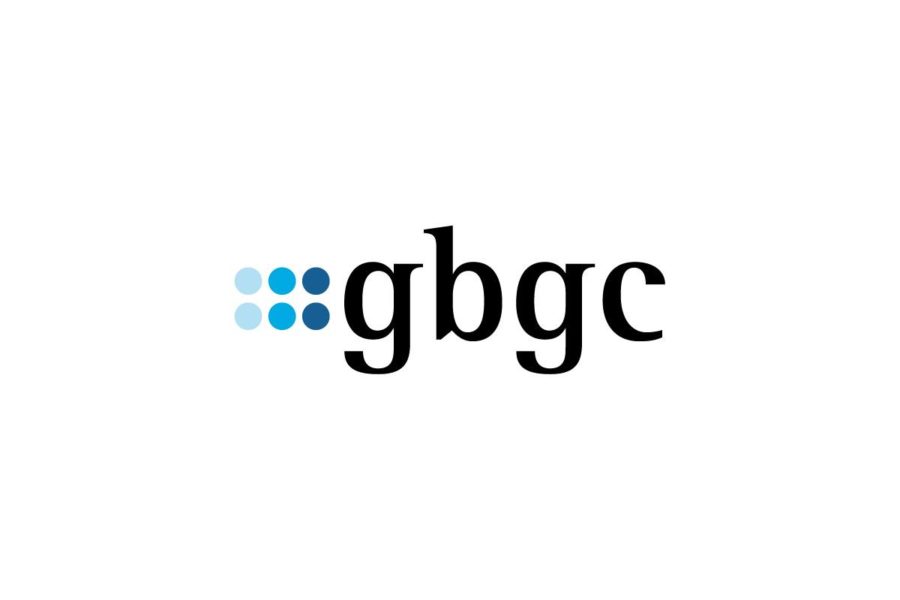GBGC: Casino resorts and the Covid-19 recovery

In times of economic strife, governments often turn to gambling as a means of boosting taxation and tourism.
Press Release.- In times of economic strife, governments often turn to gambling, and more specifically integrated casino resorts, as a means of boosting taxation and tourism. After the last recession, jurisdictions like Spain, Cyprus and Japan all initiated plans to permit large-scale resorts. As the world seeks to recover from the pandemic, the United Arab Emirates might appear an unlikely choice to take a chance on integrated resorts.
In January 2022, Wynn Resorts said that it has signed a deal to build a luxury resort in the emirate of Ras al-Khaimah (RAK). The UAE does have existing links with Las Vegas and the big casino groups. But the interesting part of Wynn’s announcement was that the resort will include a “gaming area”.
Gaming, however, could refer to various activities, from e-sports tournaments through to roulette wheels. The press release made no mention of “casino”. But, alongside the announcement, the RAK Tourism Development Authority (RAKTDA) has opened a new department to regulate the whole scope of integrated resorts and ensure “responsible gaming at all levels”.
It is certainly the case that gambling is not permitted in the UAE. The UAE, however, did see the launch of a new lottery-style game in 2020, having received approval from the General Authority of Islamic Affairs and Endowments.
But there are several examples of casino jurisdictions restricting access to venues for local citizens. All but one of South Korea’s casinos are for foreign tourists only. Cambodia, too, does not allow local citizens to gambling in its casinos. In Singapore, local citizens are allowed to gamble in the casinos, but must pay an entry fee.
If the new resort in RAK does have a casino, it could easily enforce similar measures for the gambling elements of any new integrated resort.
The UAE has a strong economic dependence on tourism. Dubai has been hugely successful in attracting tourists, with almost 17 million visiting in 2019. Visitor numbers slumped to just 5.5 million in 2020, as pandemic travel restrictions took their toll.
Numbers increased to 7.3 million in 2021 (up 32%), which was a good performance given the on-going travel restrictions.
The new resort on Al Marjan island, RAK, is 45 minutes by road from Dubai International Airport. RAK has its own international airport too, mainly serving flights to India.
As mentioned, Dubai does have existing links with Las Vegas and the big casino groups.
In 2007 Dubai World, the investment company for the Government of Dubai, invested US$ 5 billion in MGM Mirage and its CityCenter project in Las Vegas.
A decade later, in 2017, MGM Resorts signed a deal with UAE-based Hospitality and Leisure to develop a non-gambling resort on Jumeirah Beach, Dubai. The 26-acre beachfront development will feature an MGM Hotel, MGM Residences and a Bellagio Hotel, along with other facilities such as a theatre, luxury shops, restaurants, museums and beach clubs.
Caesars Entertainment is also present in the Emirate. It opened Caesars Bluewaters Island Resort in 2018, which includes three hotels and 12 restaurants. The resort is also home to the world’s largest observation wheel, the Ain Dubai.
In recent times Dubai has seen extensive visitation from China, India, and Russia. Also countries whose citizens like to gamble.
The UAE, centred on Dubai, has established itself as an international destination. It excels at extravagant projects and luxury hospitality and catering for its visitors’ wishes. As its economy seeks to recover from the pandemic, an integrated resort with casino gaming could be a means to doing so.
See also: GBGC: New York enters new betting era









